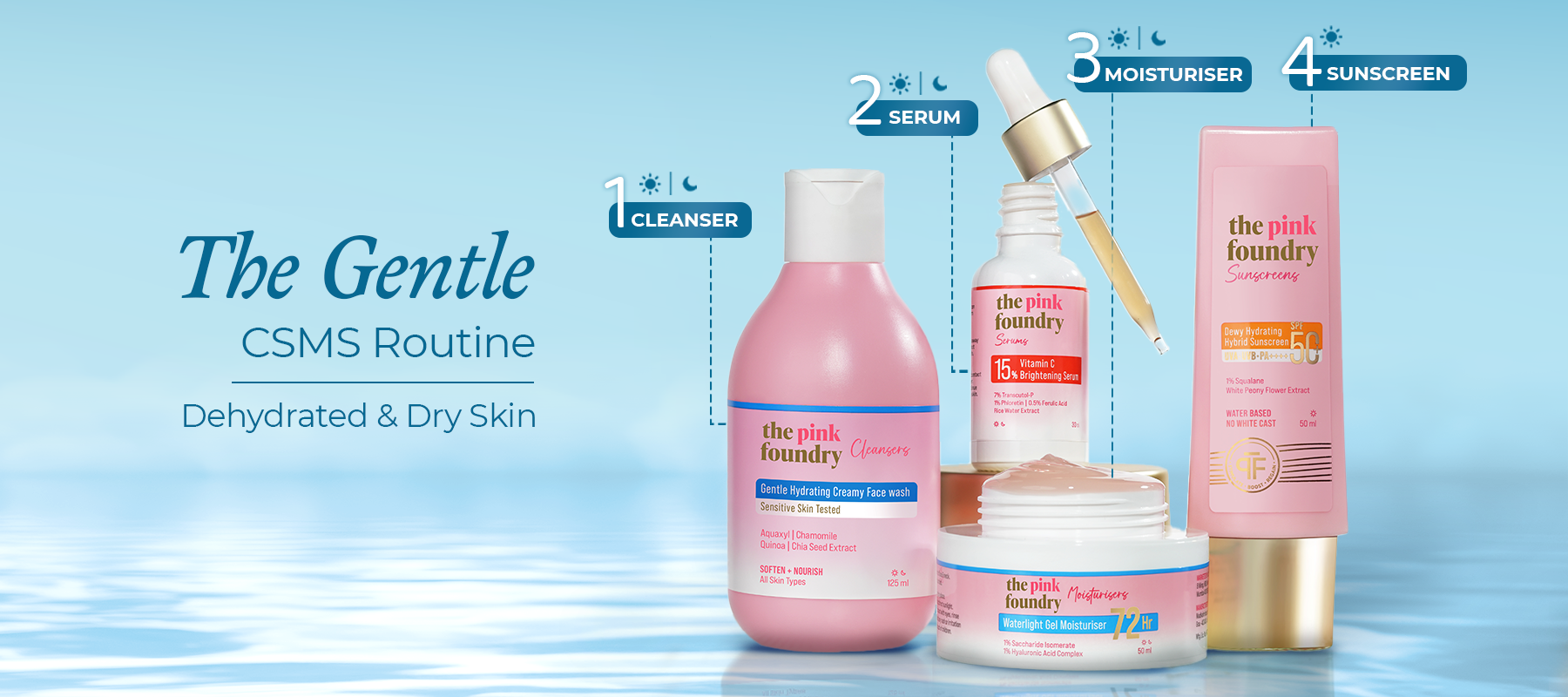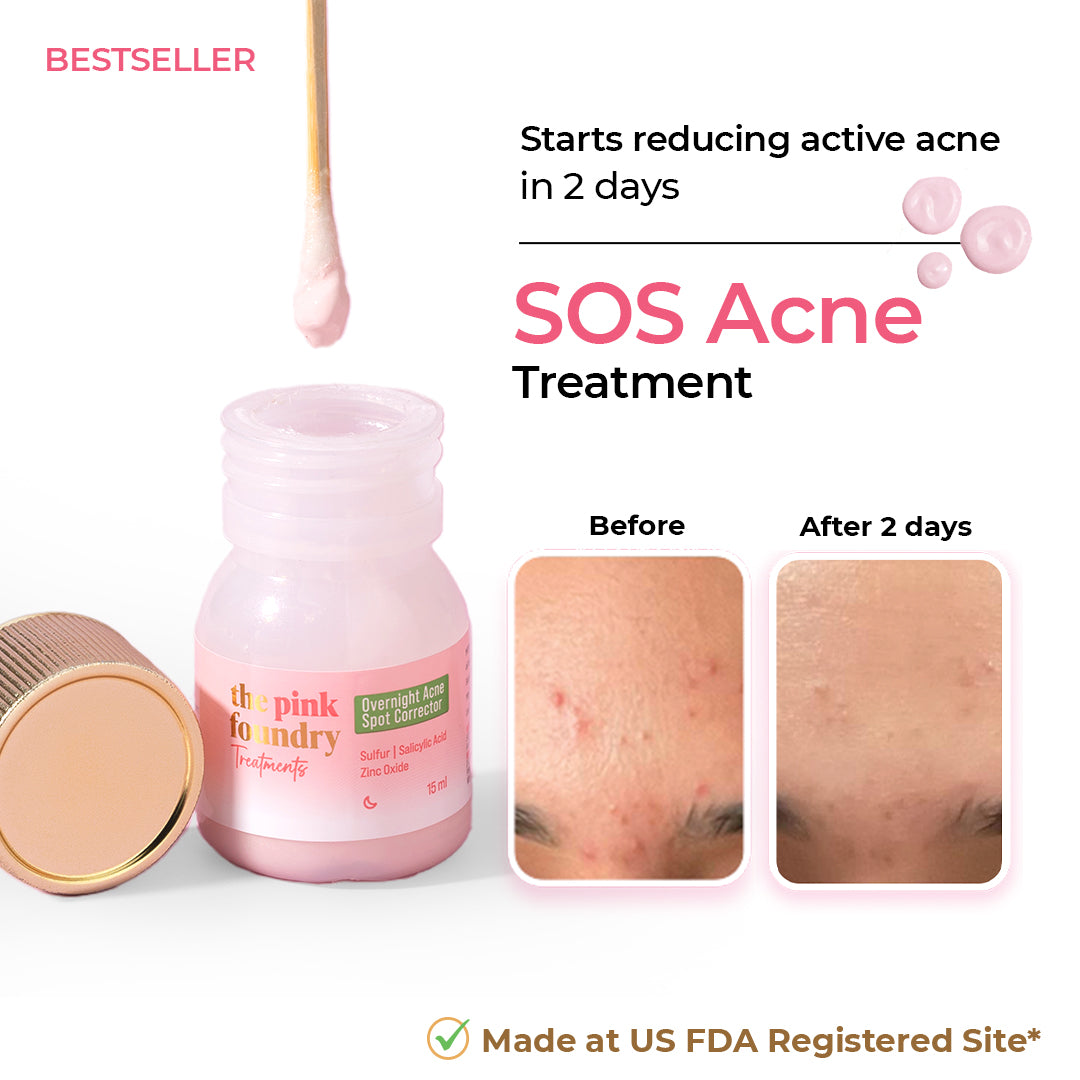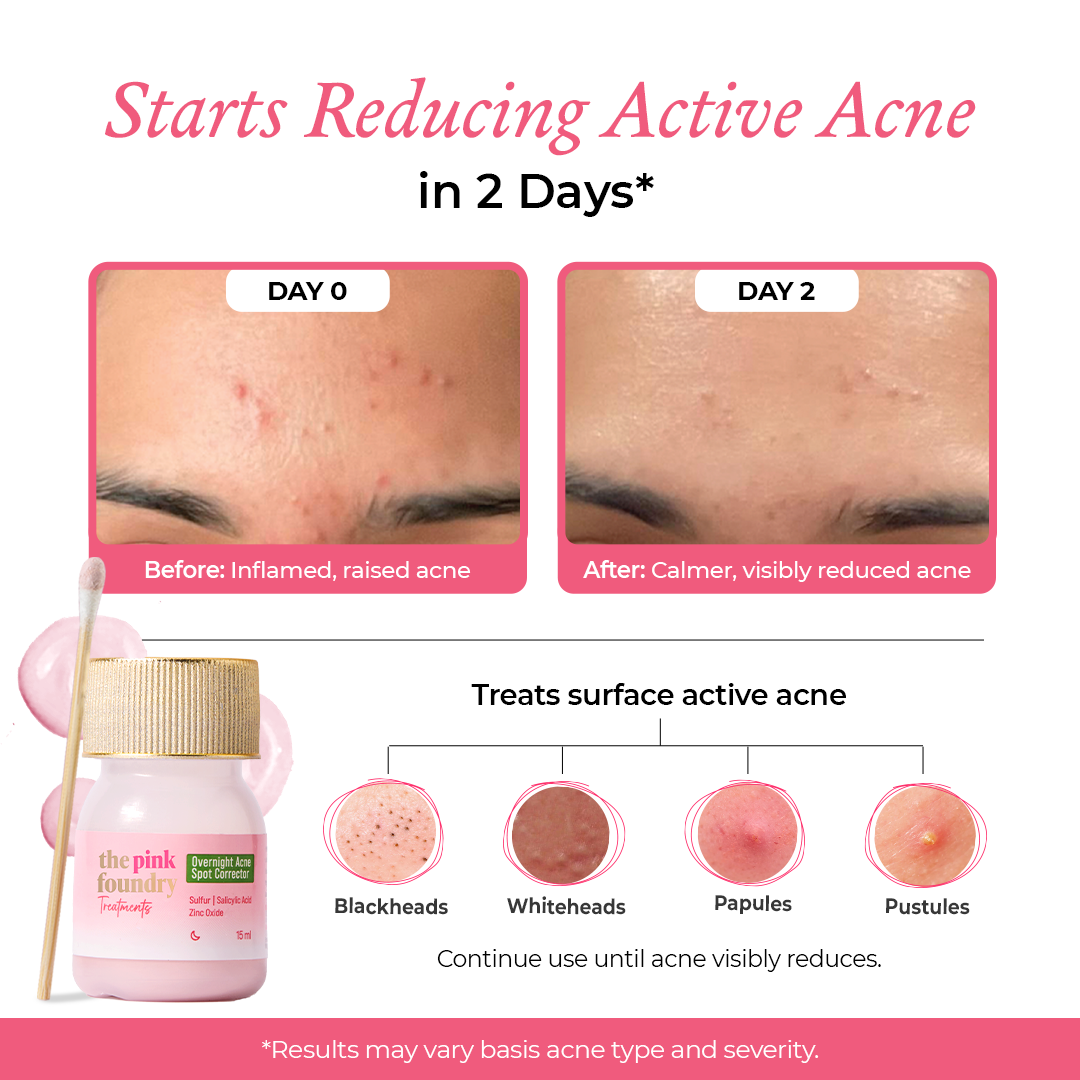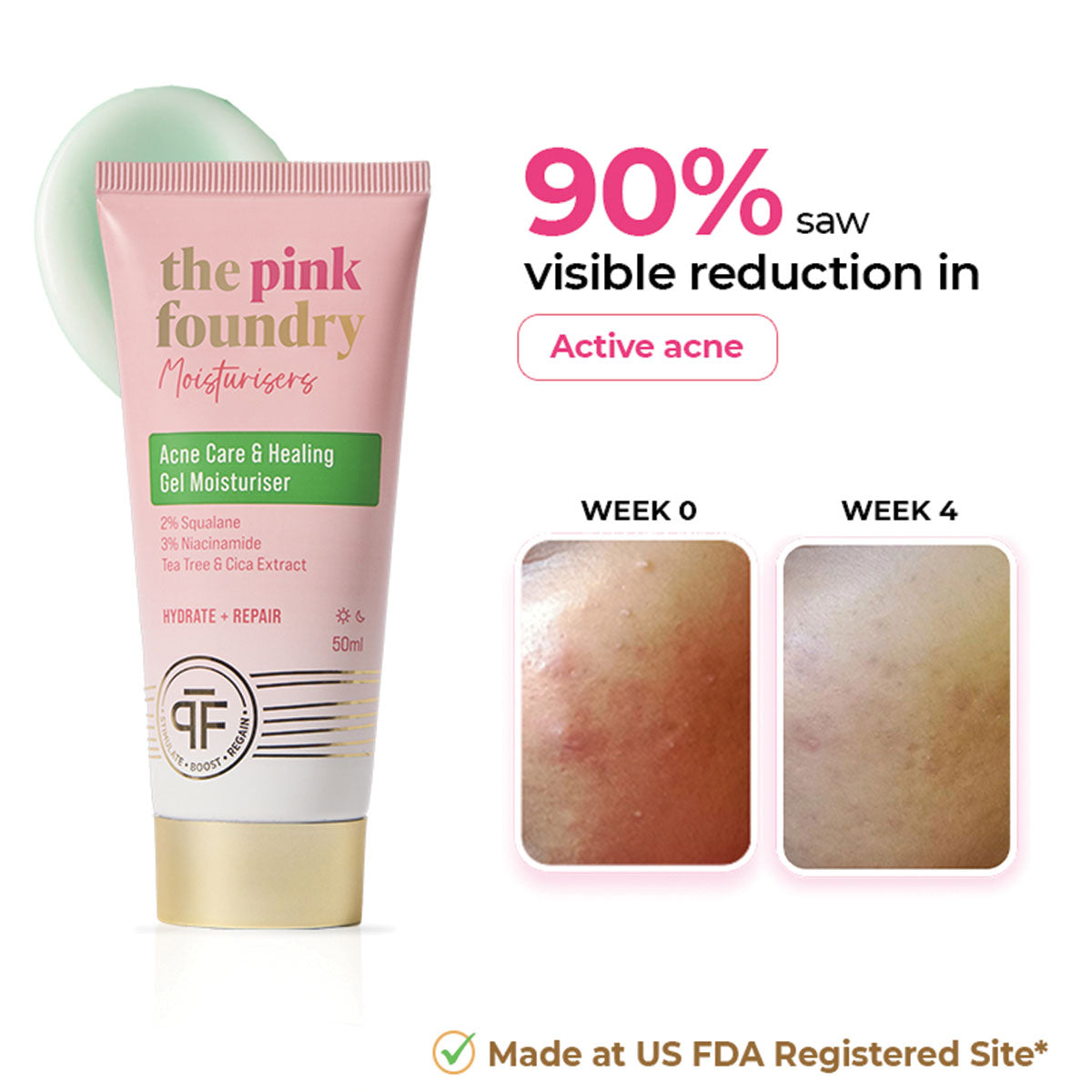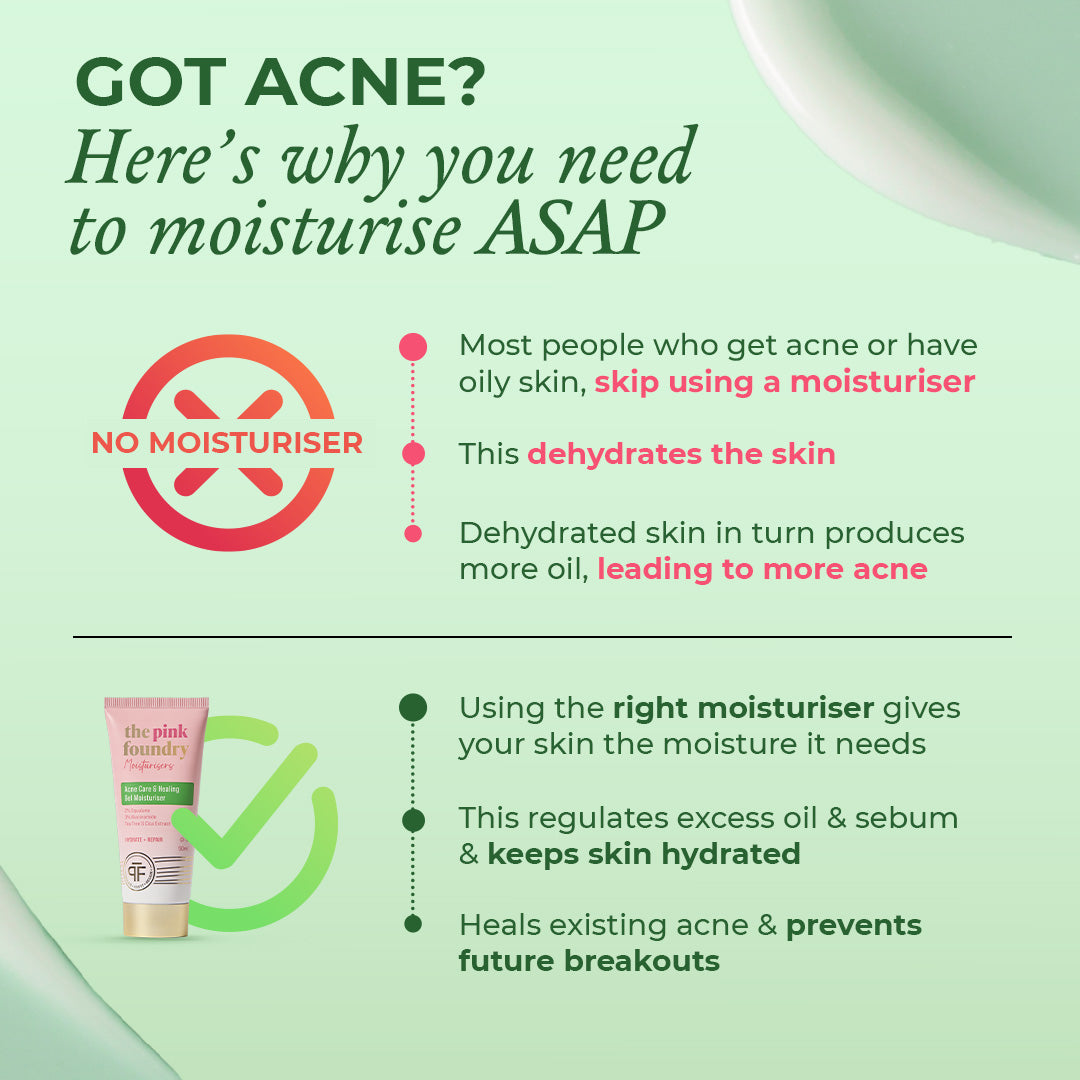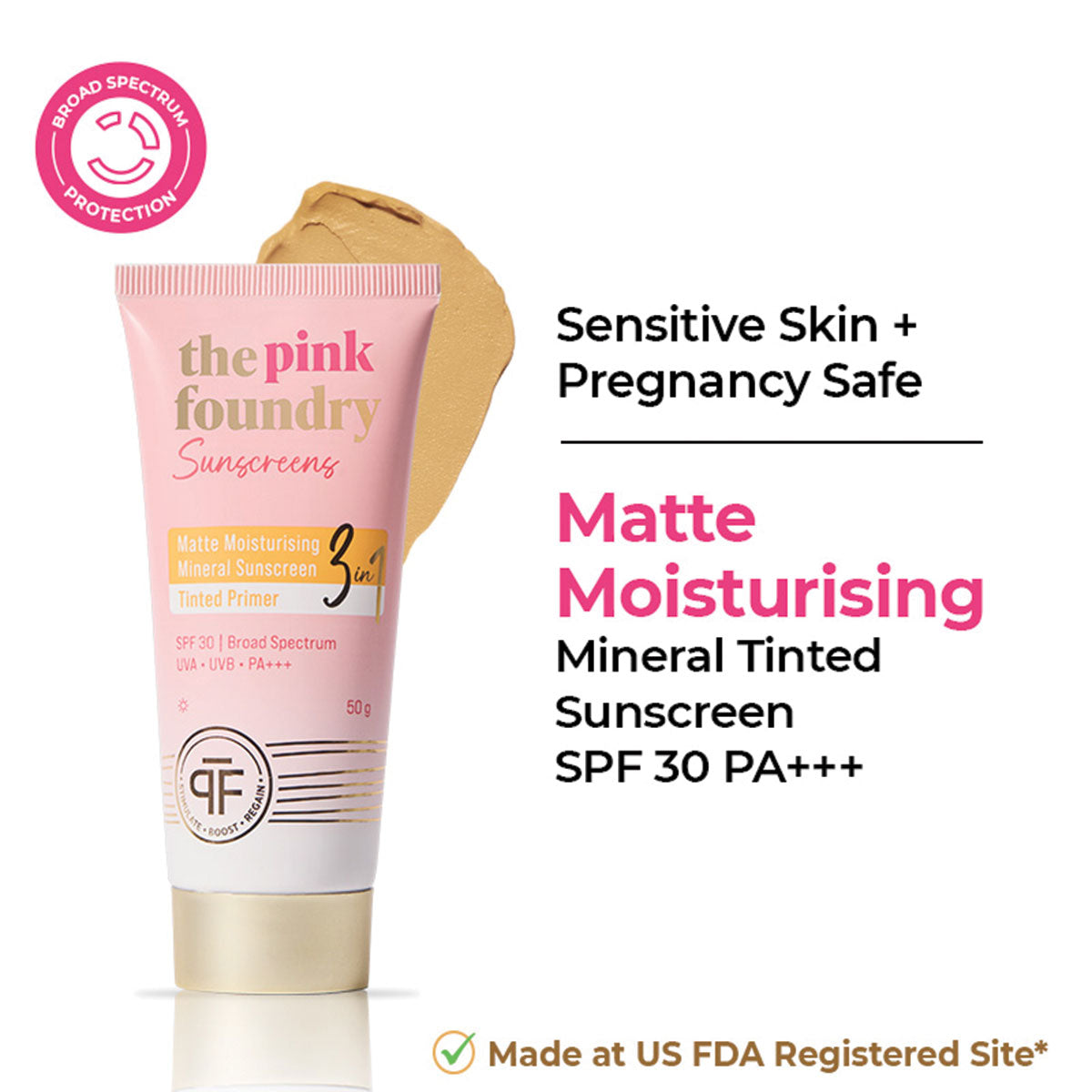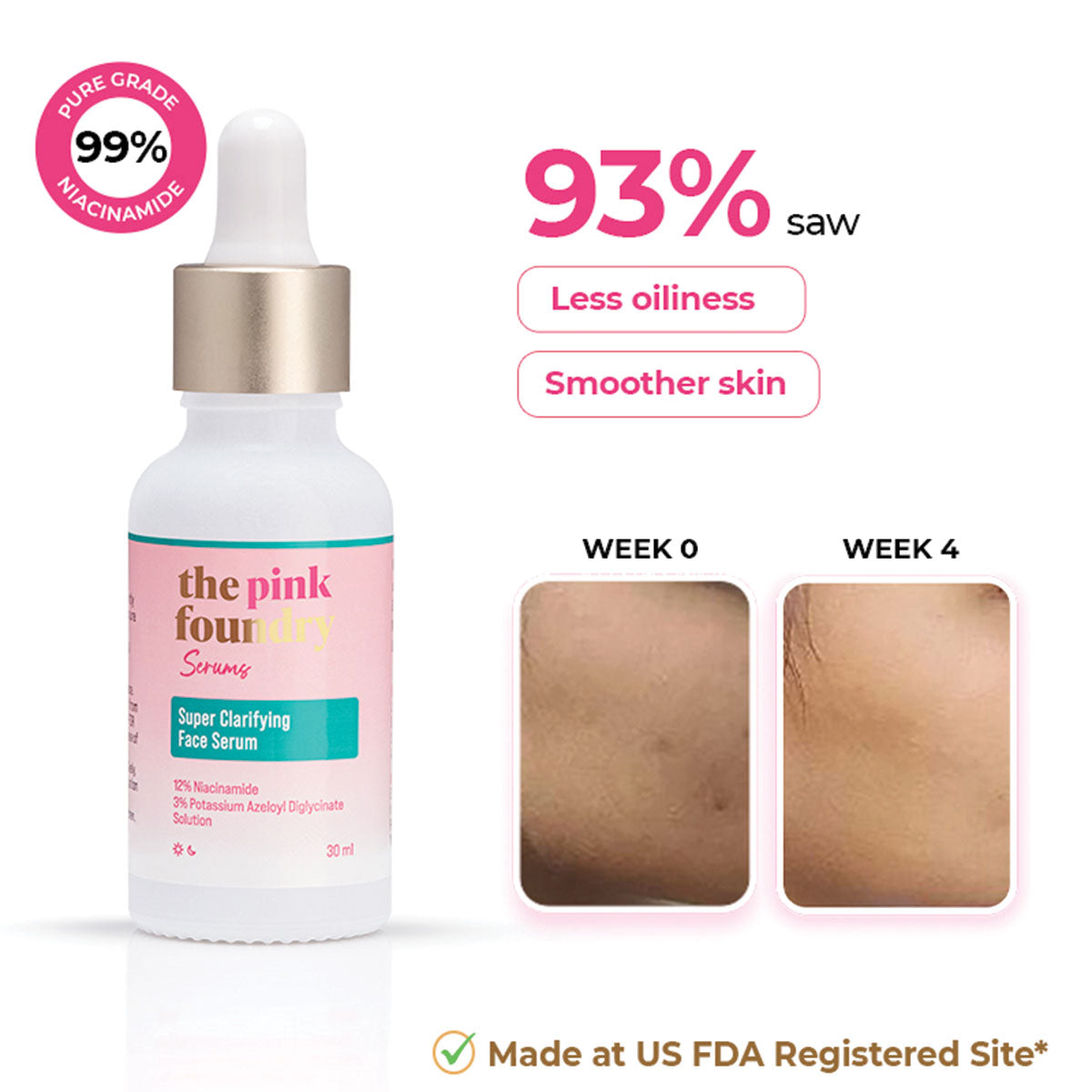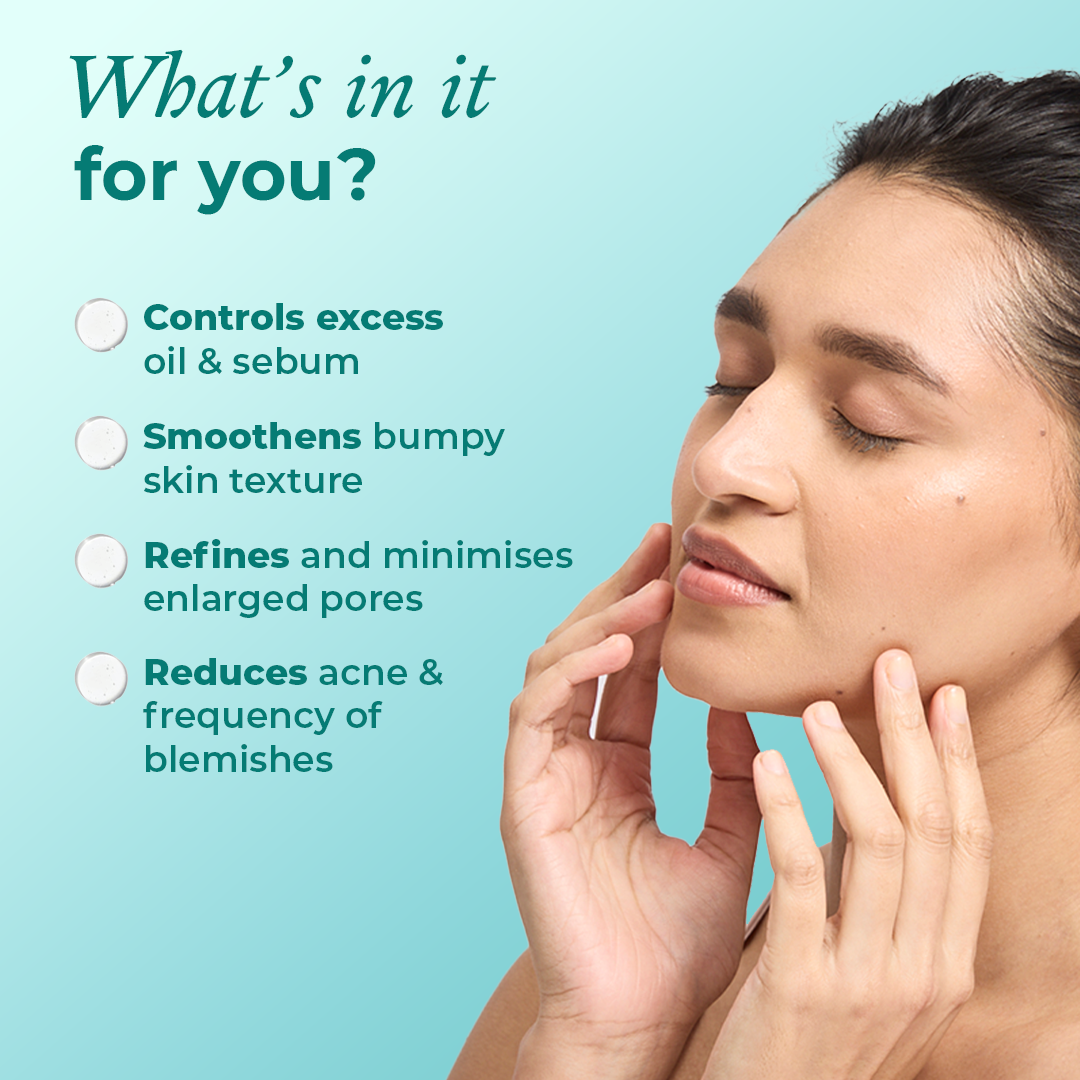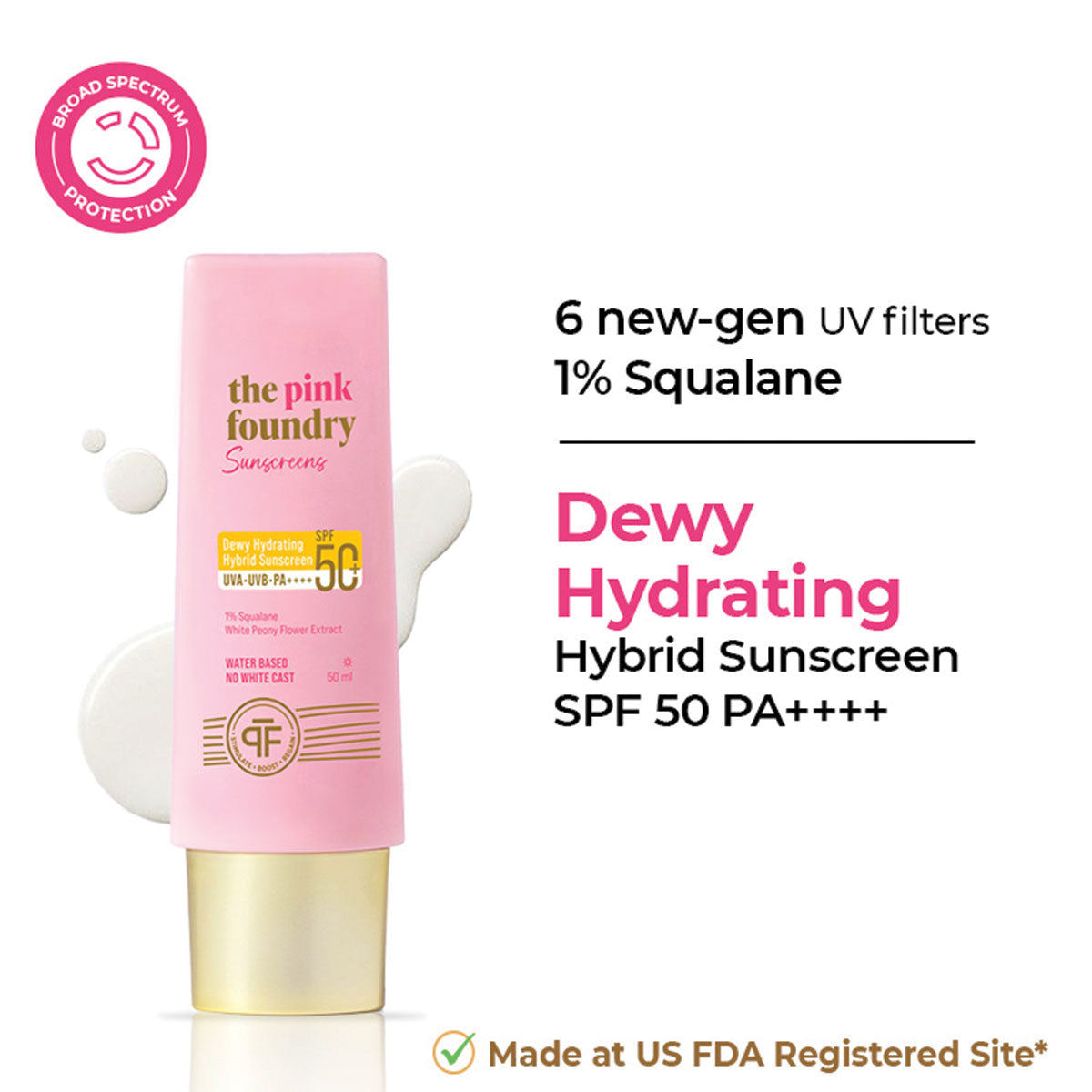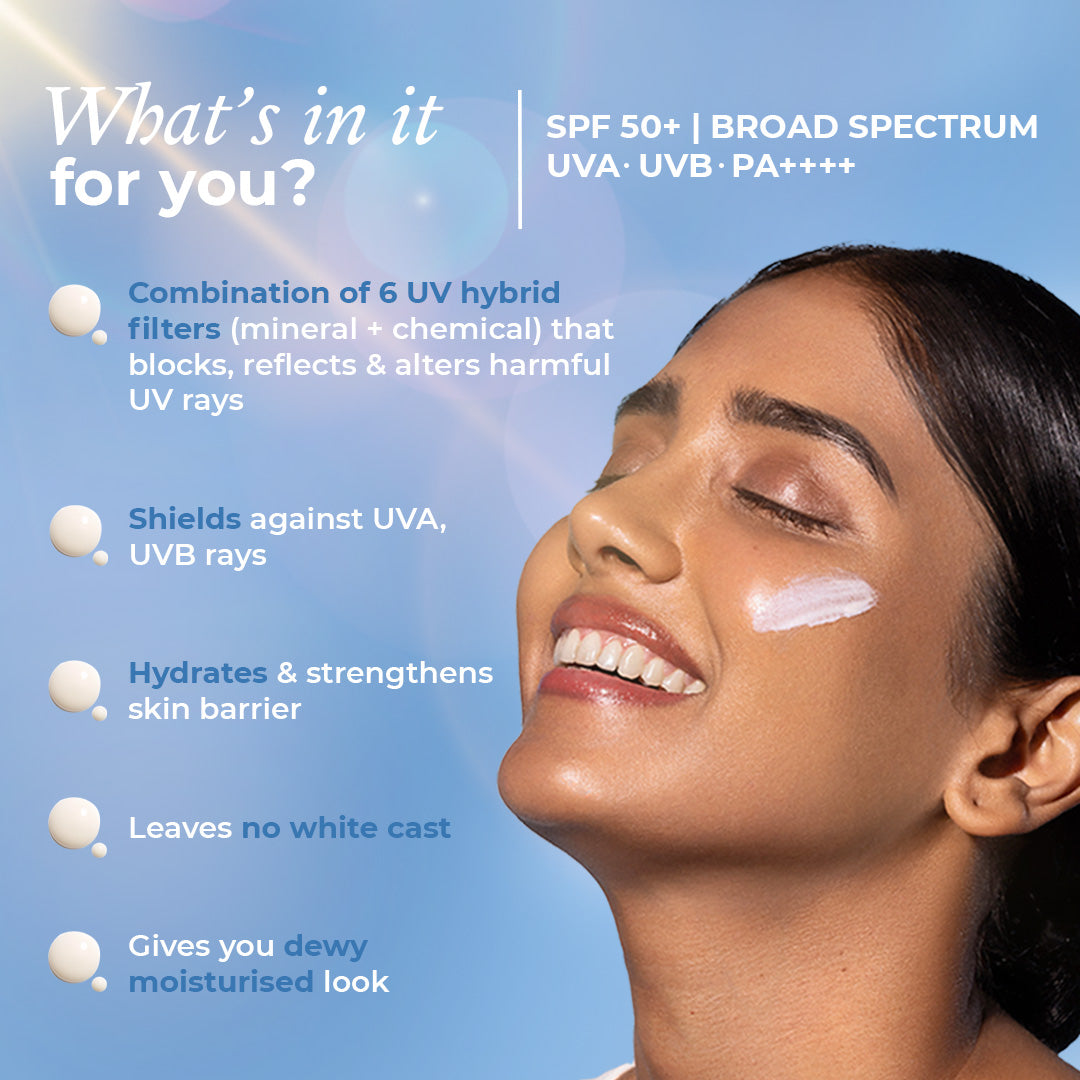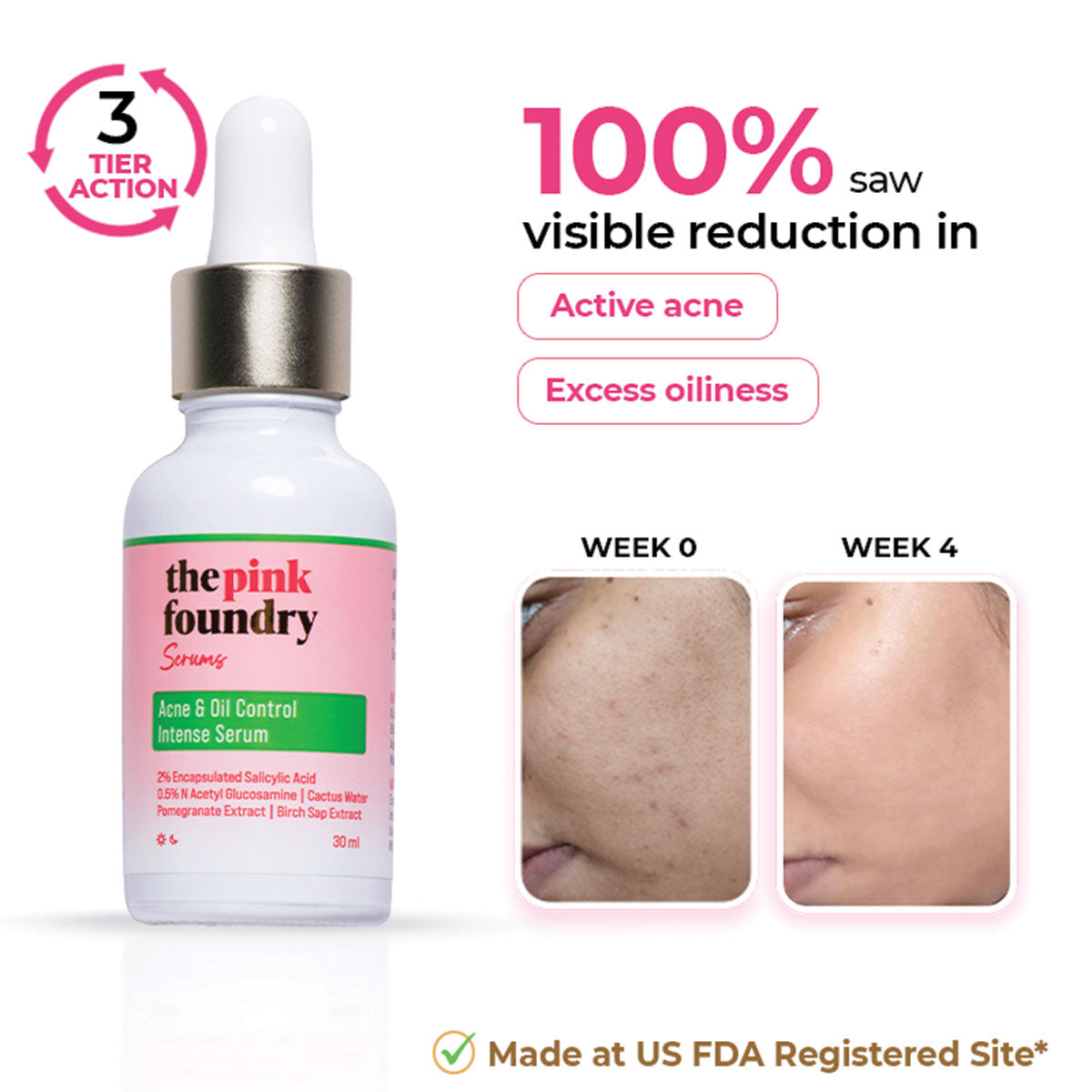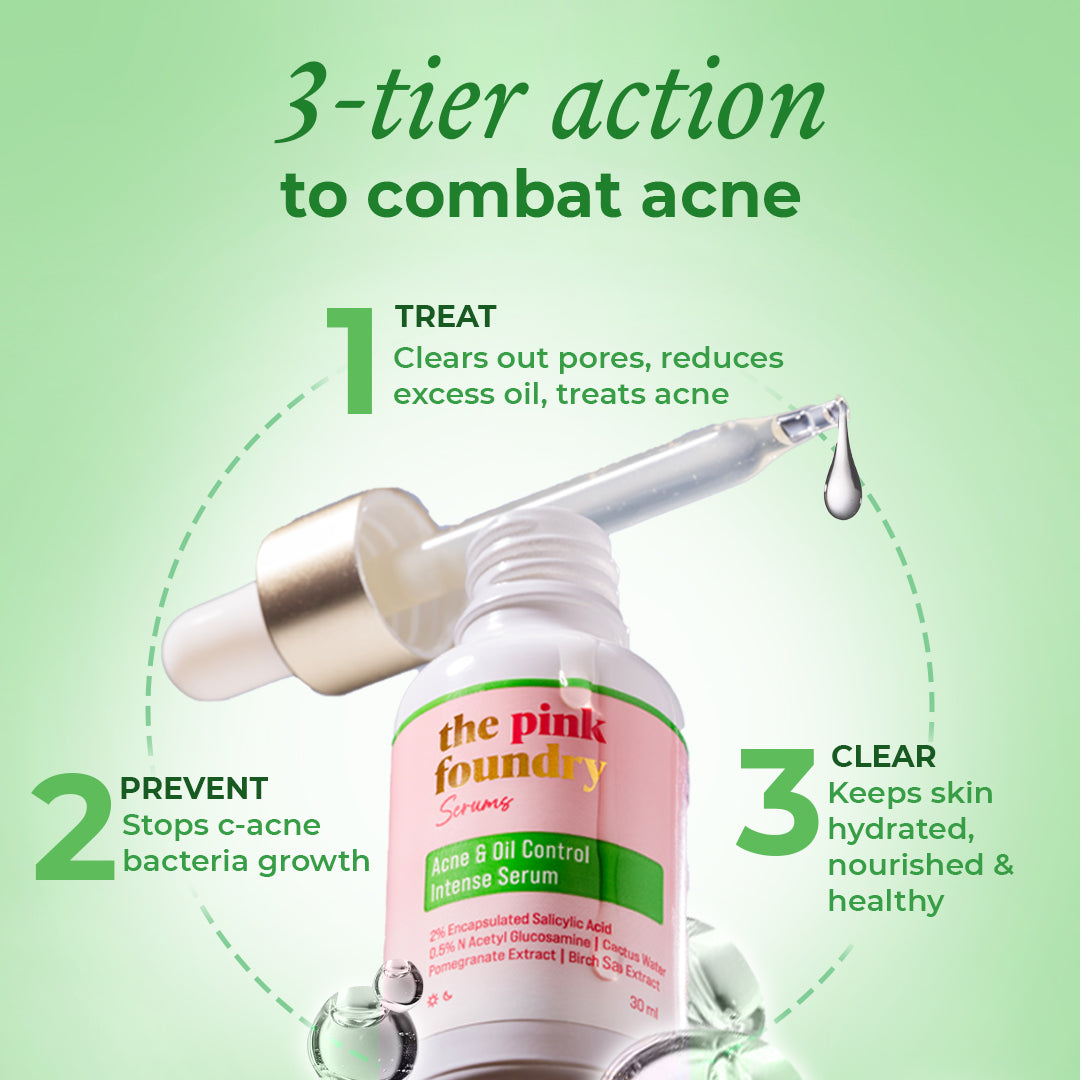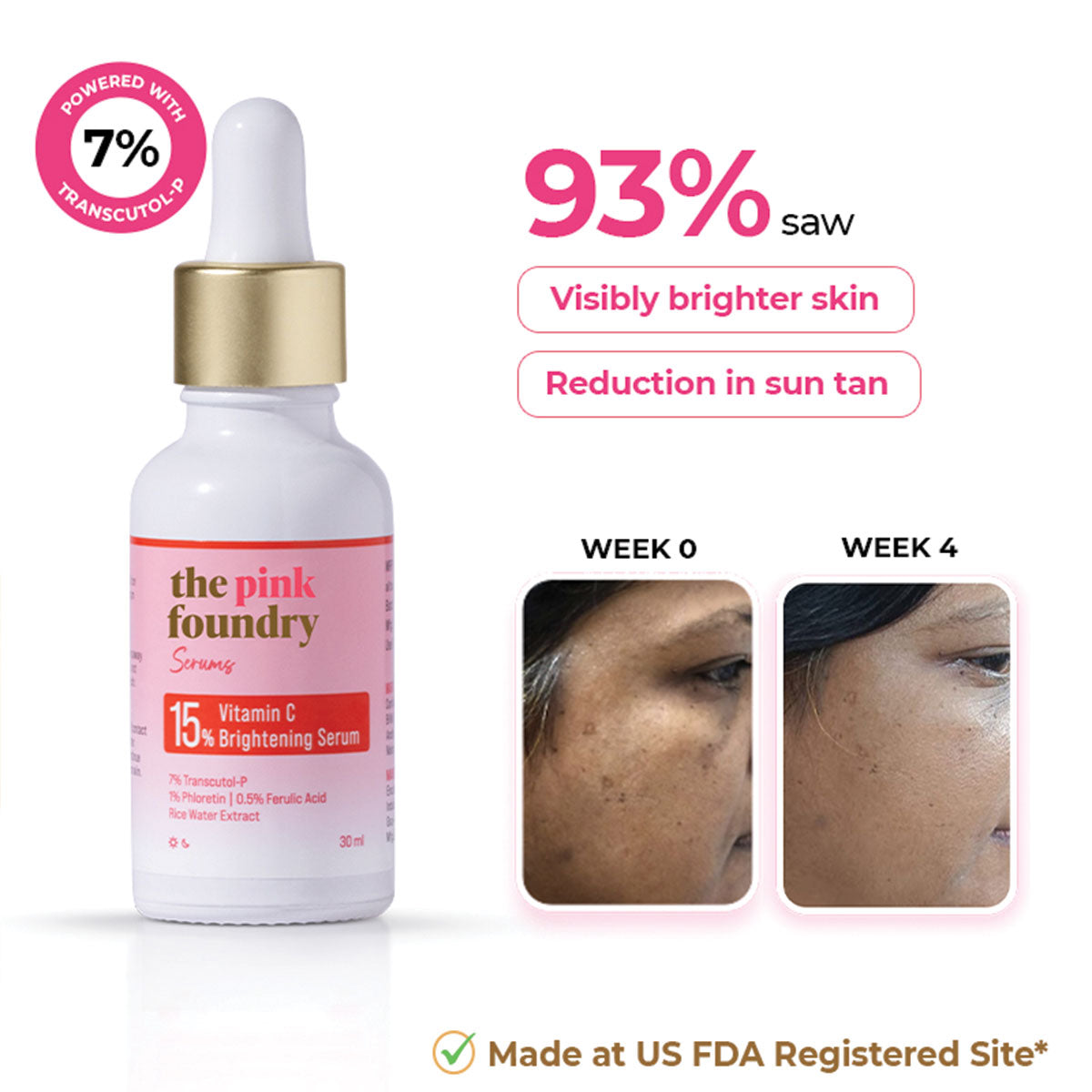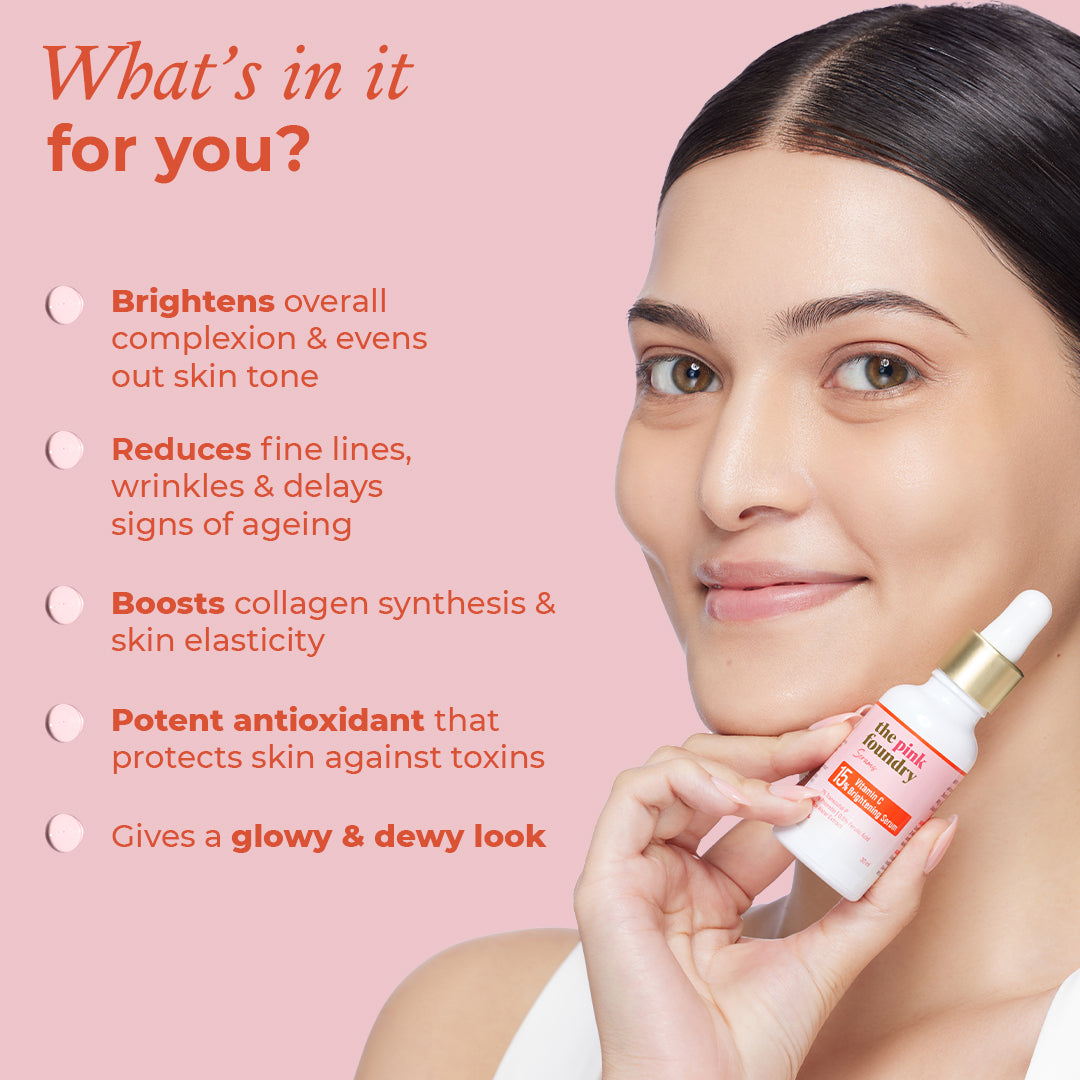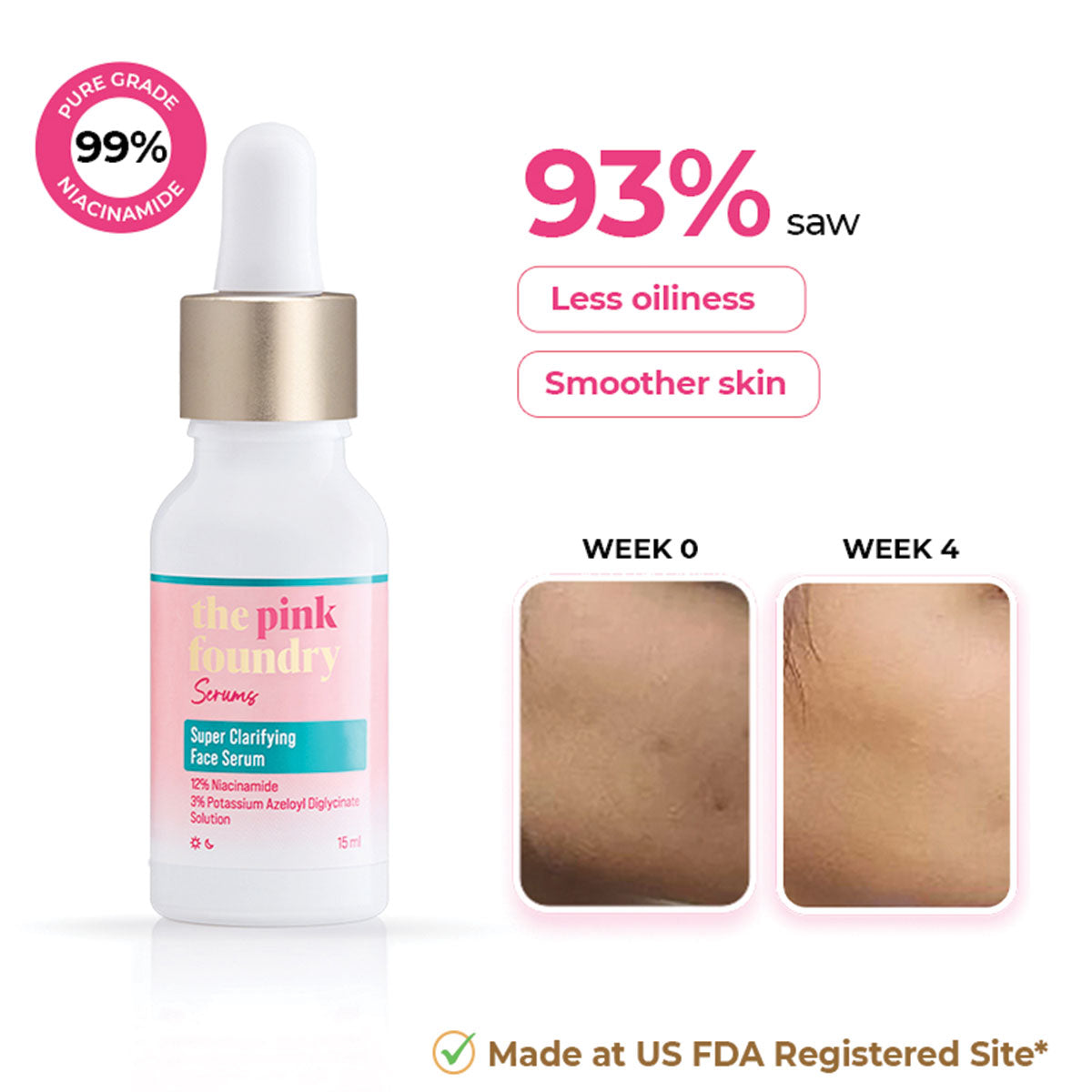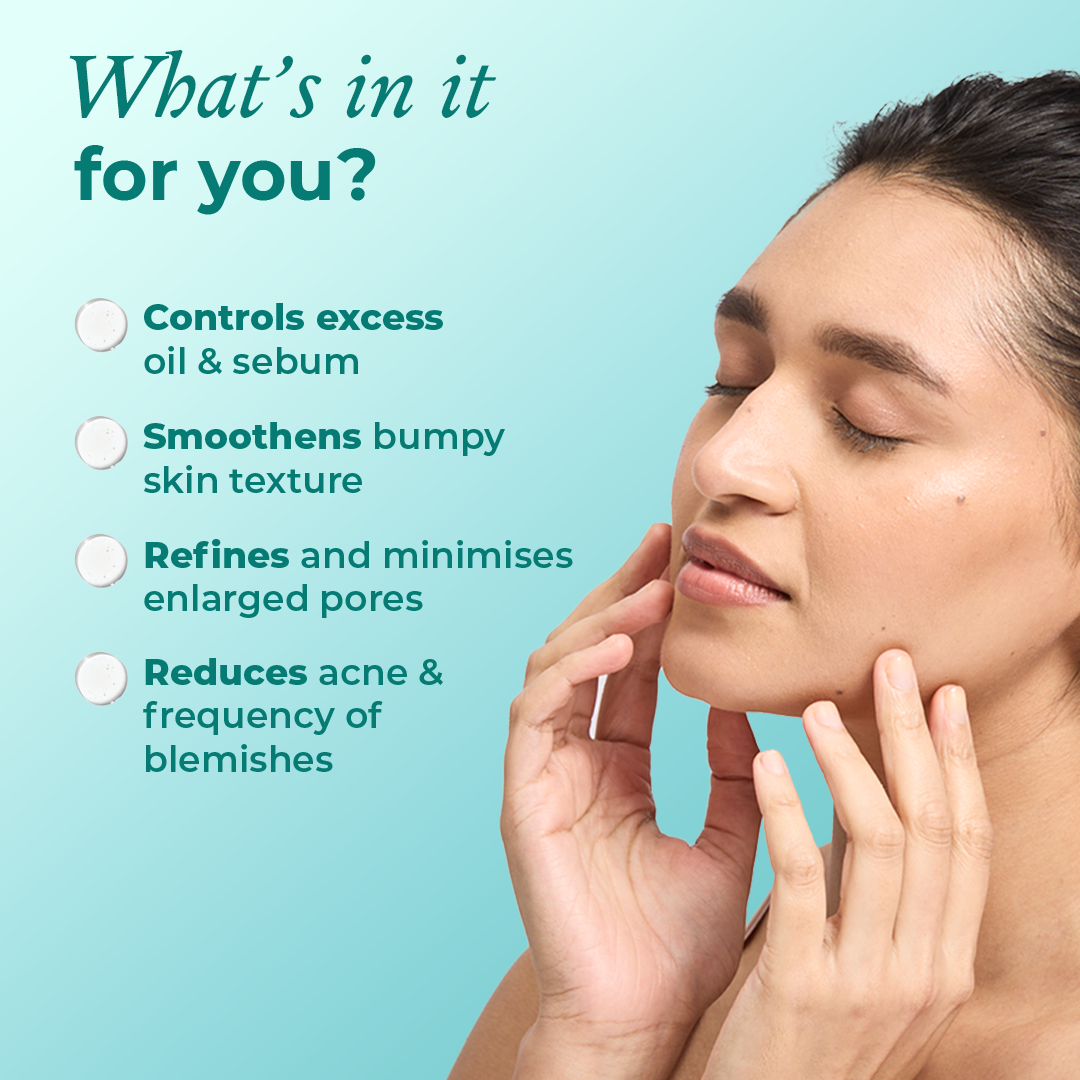Filters
Overnight Acne Spot Corrector
Sale priceFrom ₹ 521
Regular price₹ 549
Dark Spot & Hyperpigmentation Correcting Power Serum
Sale price₹ 806
Regular price₹ 849
Acne Care & Healing Gel Moisturiser
Sale price₹ 474
Regular price₹ 499
Mineral Matte Tinted Sunscreen SPF 30
Sale price₹ 999
Regular price₹ 1,350
Super Clarifying 12% Niacinamide Face Serum
Sale price₹ 711
Regular price₹ 749
Brightening & Exfoliating Vitamin C Daily Face Wash
Sale price₹ 474
Regular price₹ 499
Dewy Hydrating Hybrid Sunscreen SPF 50+
Sale price₹ 749
Acne & Oil Control Intense Serum with 2% Salicylic Acid
Sale price₹ 524
Regular price₹ 749
15% Vitamin C Brightening Serum
Sale price₹ 759
Regular price₹ 799
Mini Super Clarifying 12% Niacinamide Face Serum
Sale price₹ 399
Overnight Acne Spot Corrector for Men
Sale priceFrom ₹ 521
Regular price₹ 549






















































